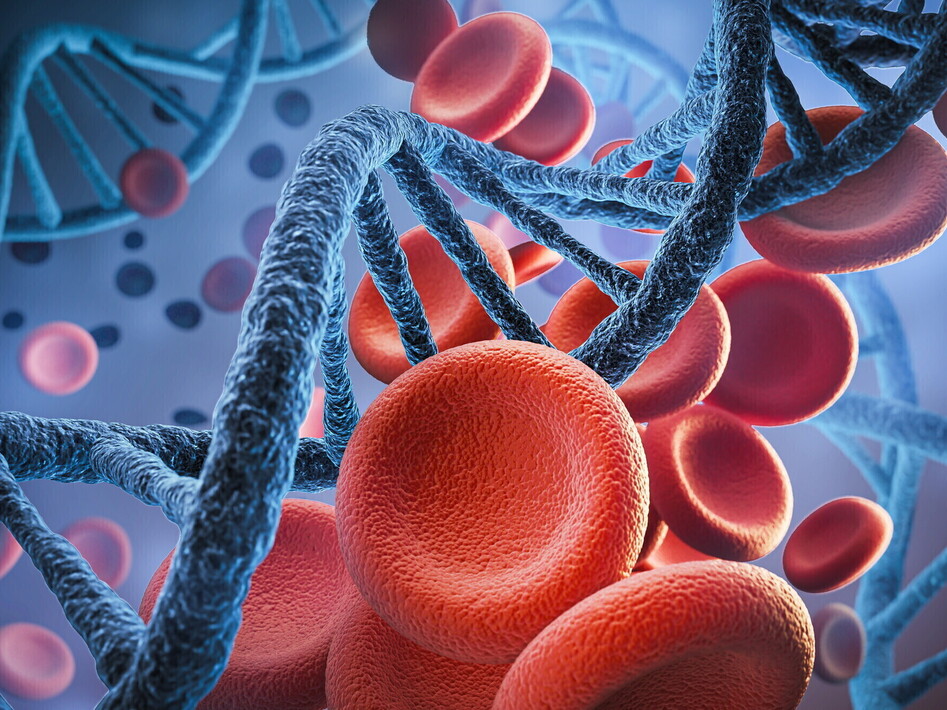The on/off switch of the immune system
21 January 2025

Did you know your immune system has a reset button?
In a clinical trial, scientists used programmed immune cells to reset the immune system of patients affected by various autoimmune diseases related to malfunctioning B cells. Some of the conditions treated in this trial include lupus, systemic sclerosis, and idiopathic inflammatory myopathy: autoimmune blood disorders. These illnesses show different symptoms, such as muscle weakness and skin thickening, but all stem from a subset of B cells responsible for producing antibodies that attack tissues. When these cells malfunction, they misdirect antibodies and can lead to serious health issues. The experiment used T cells based on CAR receptors (chimeric antigen receptors). These cells interact with B cells and regulate their activity, even destroying them when necessary. The most usual form of this therapy involves genetically modifying T cells so they can better detect defective or diseased B cells and eliminate them, potentially curing various diseases, some of which are extremely serious. Typically, treating these conditions requires lifelong medication. However, this innovative therapy could achieve a full cure with a single injection, eliminating the need for future treatments. In the study, each of the 15 patients received an infusion of genetically modified CAR T cells that wiped out all B cells in the body, regardless of their health status and proper functioning. Within just two months, all B cells had been eliminated, and after three months, they were replaced with fully healthy, functional B cells, leading to the patients' recovery. Purpose of the study was to test treatment safety rather than its effectiveness. So far, patients’ health indicators meet all safety criteria, and all participants have stopped their previous, periodic infusion-based treatments. One major concern associated with using this therapy in cancer patients is "cytokine release syndrome", where the body undergoes a severe inflammatory reaction post-treatment. However, researchers reported that this did not appear to be a significant issue. In the future, the research team will assess treatment effectiveness in trials involving a larger number of participants and will continue to monitor patients for further insights.
By Marco Bulletti, 3L – Liceo Scientifico Vittorio Veneto, Milan


